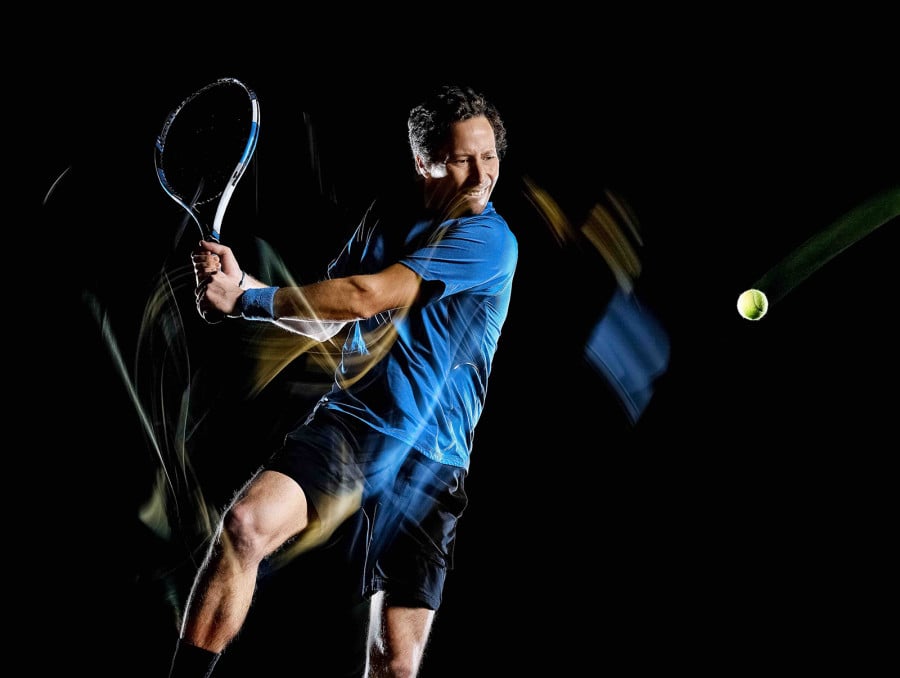A guide to the players’ code of conduct at tennis grand slams

At this year’s US Open in September, world number one, Novak Djokovic, was disqualified after a line judge was hit in the throat[1] by a ball that he struck towards the back of court in anger after losing a point.
Opinions were divided on whether disqualification was the correct outcome, given Djokovic’s clear lack of intent to cause harm. However, the relevant rules, which are contained in the International Tennis Federation’s (ITF) Grand Slam Code of Conduct (which can be found in the Official Grand Slam Rule Book[2]) are unequivocal. They describe the actions that call for a disqualification and, in such cases, the relative intent of the player is immaterial.
This article provides a guide to the Grand Slam Code of Conduct for tennis players, and will examine:
- Background - the Grand Slam Rule Book;
- The different categories of offences for players;
- Player on-site offences;
- How penalties are levied and what leads to a default (including Djokovic's case); and
- Are the rules applied equally to men and women?
Capitalised terms used in this article are as defined in the Grand Slam Rule Book
To continue reading or watching login or register here
Already a member? Sign in
Get access to all of the expert analysis and commentary at LawInSport including articles, webinars, conference videos and podcast transcripts. Find out more here.
- Tags: Equality | Grand Slam Code of Conduct | Grand Slam Rule Book | International Tennis Federation | Regulation | Tennis | US Open | Wimbledon
Related Articles
- Israel Folau and Rugby Australia’s Code of Conduct hearing - the likely legal arguments
- Cheating in esports: a review of the “emilshe1n” decision and the role of ESIC in esports regulation
Written by
Saksham Samarth
Saksham Samarth is an International Sports Lawyer at Uno-One Legal Partners in Valencia, Spain. He pursued his Masters in Sports Management and Legal Skills offered by the Instituto Superior De Derecho Y Economia (ISDE Barcelona, 2019-20).
He primarily works in sports dispute resolution before international sport adjudicating authorities, primarily FIFA and the Court of Arbitration for Sport in Lausanne, Switzerland.He regularly advises on regulatory, disciplinary, doping, commercial and contractual issues in football which includes drafting employment contracts, representation agreements, transfer agreements etc. He also represents athletes, clubs and associations in boxing,rugby, tennis, skiing and fencing.




